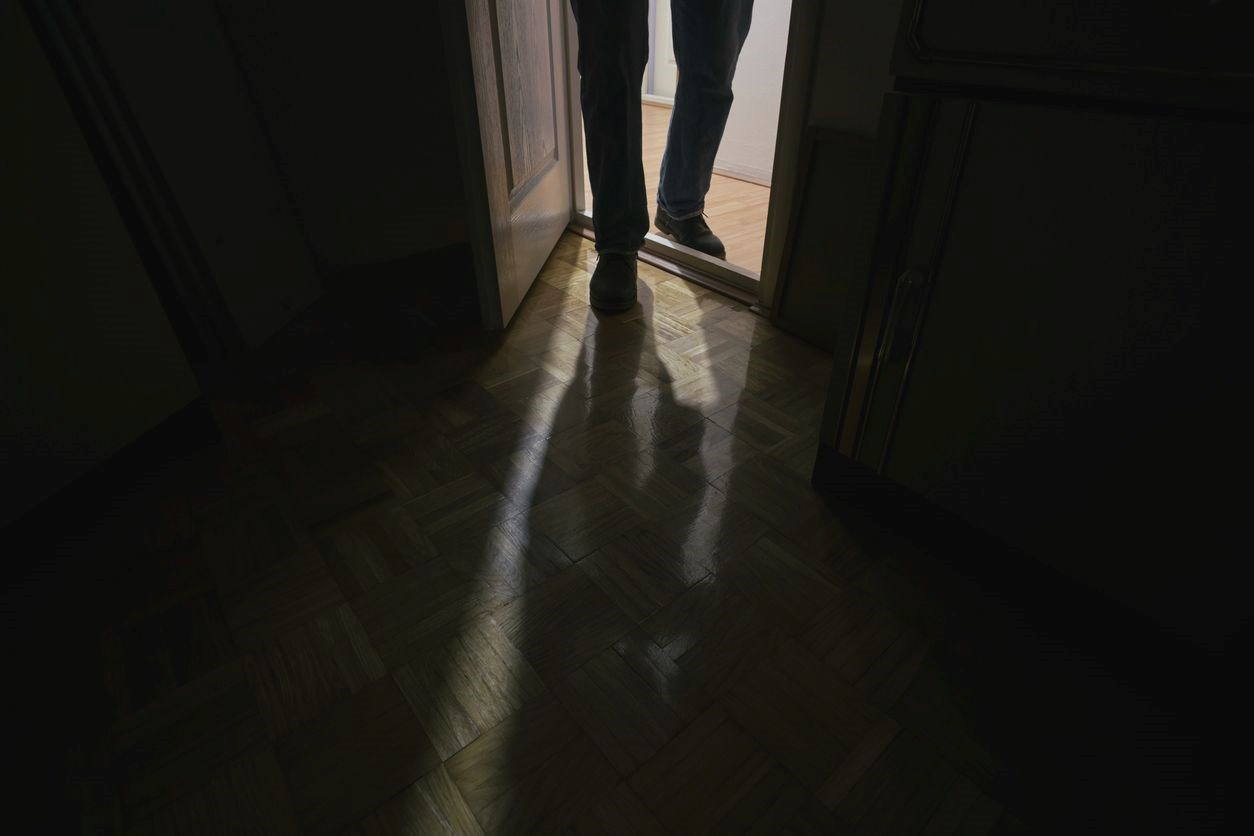Have you ever forgotten what you were going to do when you walked into another room? You got up to get something in the kitchen, but when you got there, you didn’t remember why you were there. Scientists explain this situation with an interesting neurological phenomenon called the “doorstep effect” or the “location updating effect.” So what is the “Doorstep Effect”?


According to the study, when we pass from one room to another, our brain separates the information it is currently carrying into a new section. This occurs with the activation of a mechanism called the “event horizon model”.
One of the researchers, Gabriel Radvansky, states that passing through doors acts as an “event boundary” in our minds and separates memories into different sections. This can cause you to forget what you were doing at the time.


However, in the second experiment, the doorway effect occurred more frequently when participants were engaged in an additional task, such as counting on one hand.
This shows that memory is directly related not only to context change but also to mental load.

“The doorstep effect is like that moment when one of the plates you are spinning falls off,” says Stafford, drawing attention to the fact that small but important details can be forgotten when our attention is divided.
Next time you forget what you had in mind while walking through a door, remember that maybe your brain is trying to change context!













